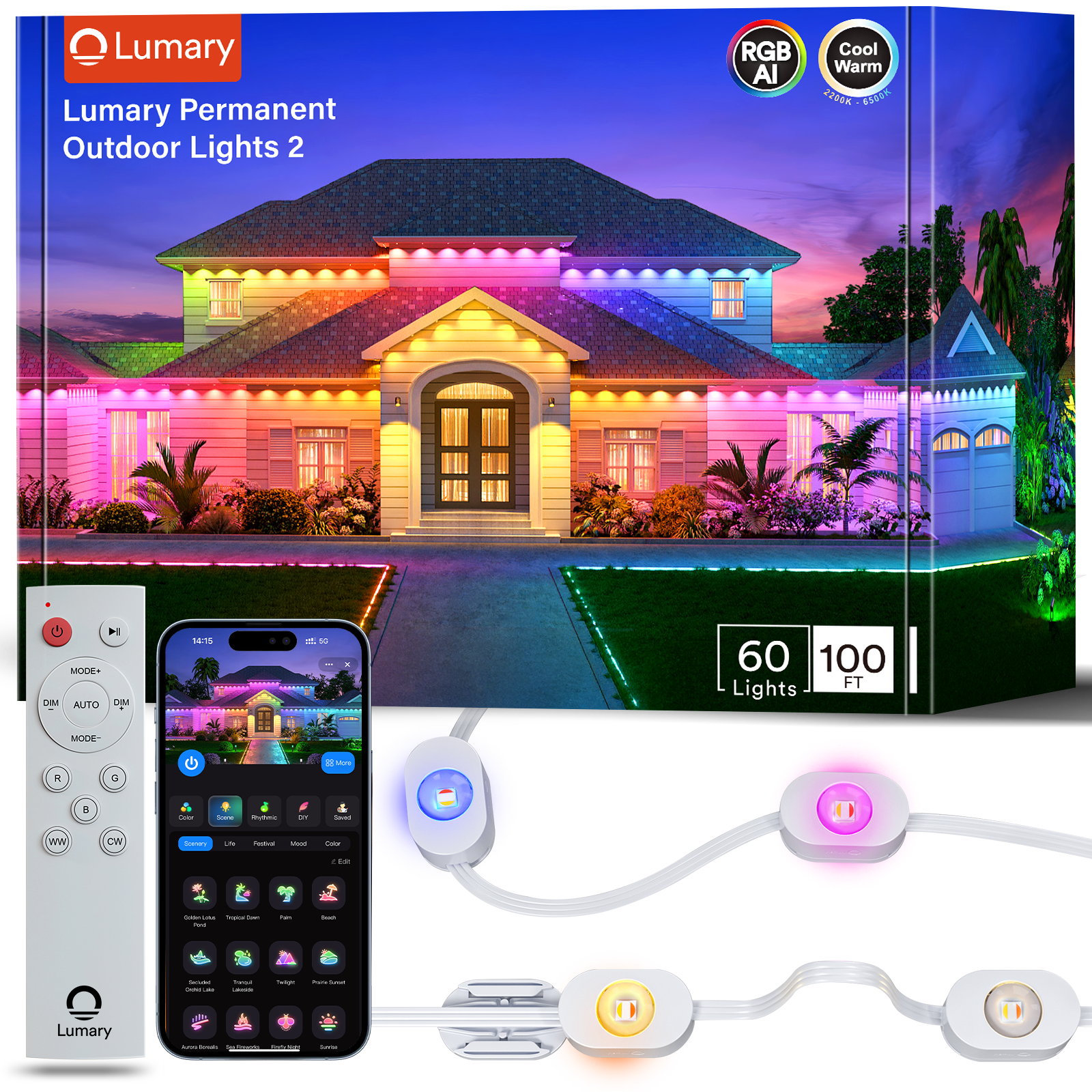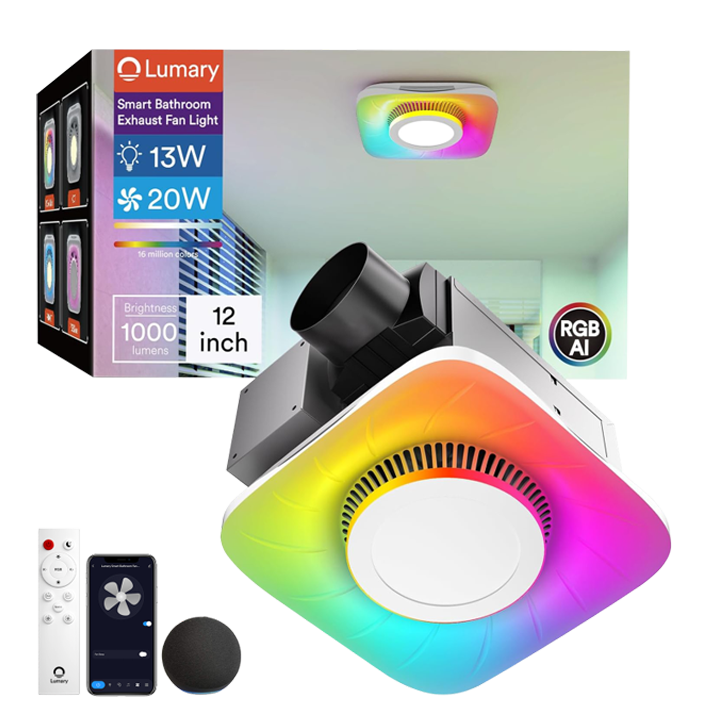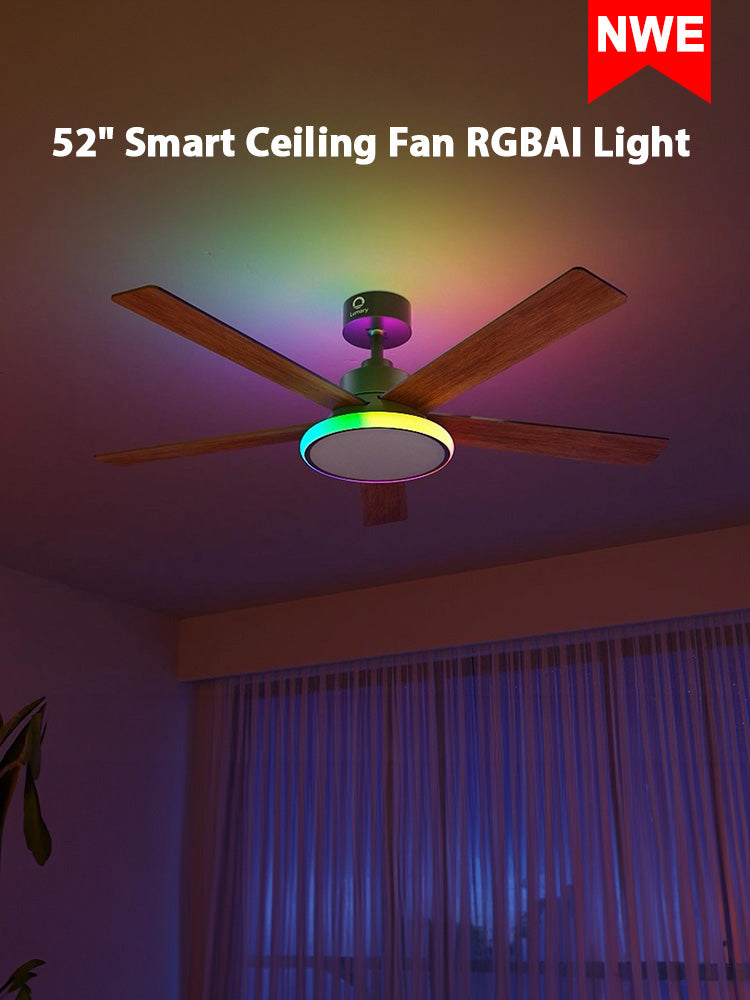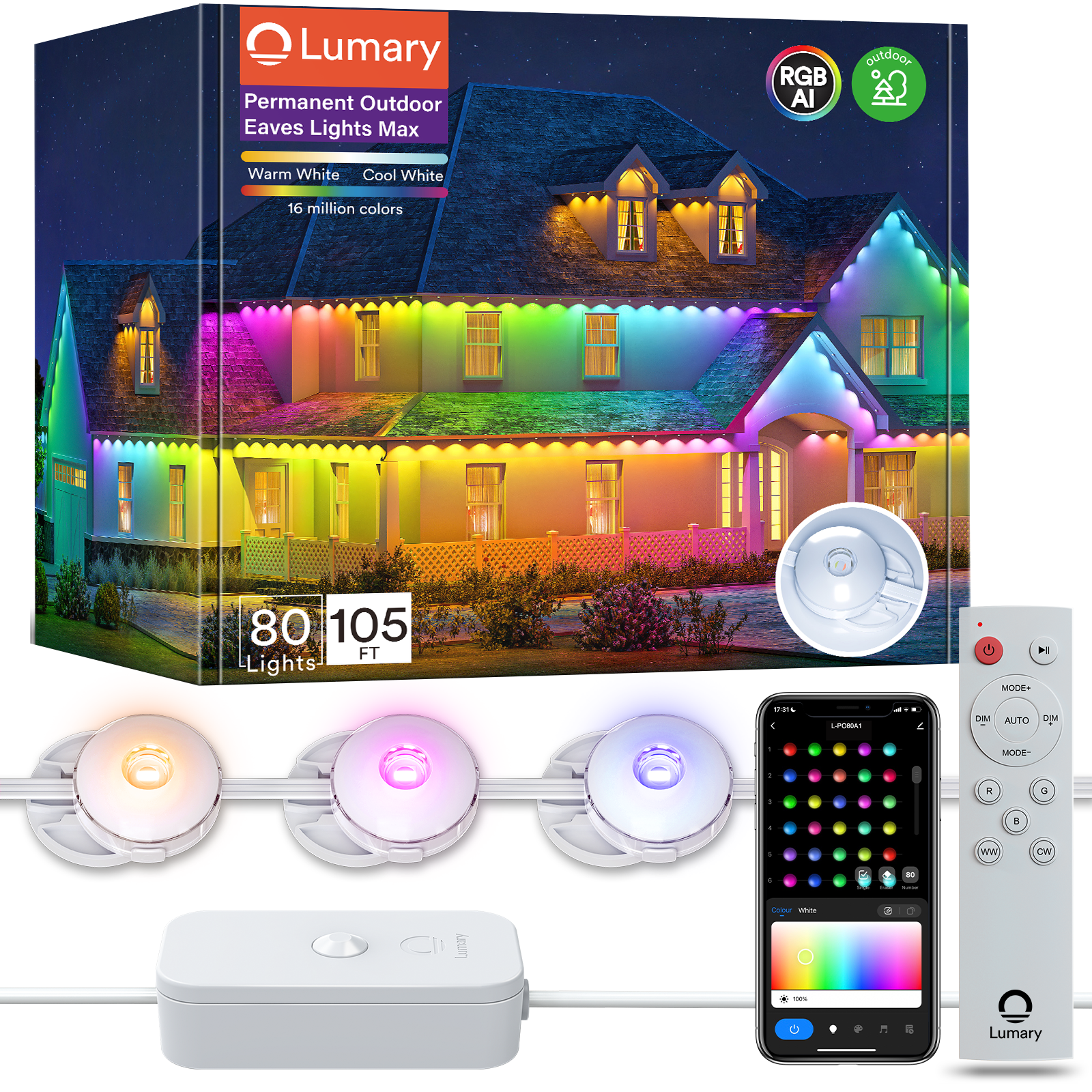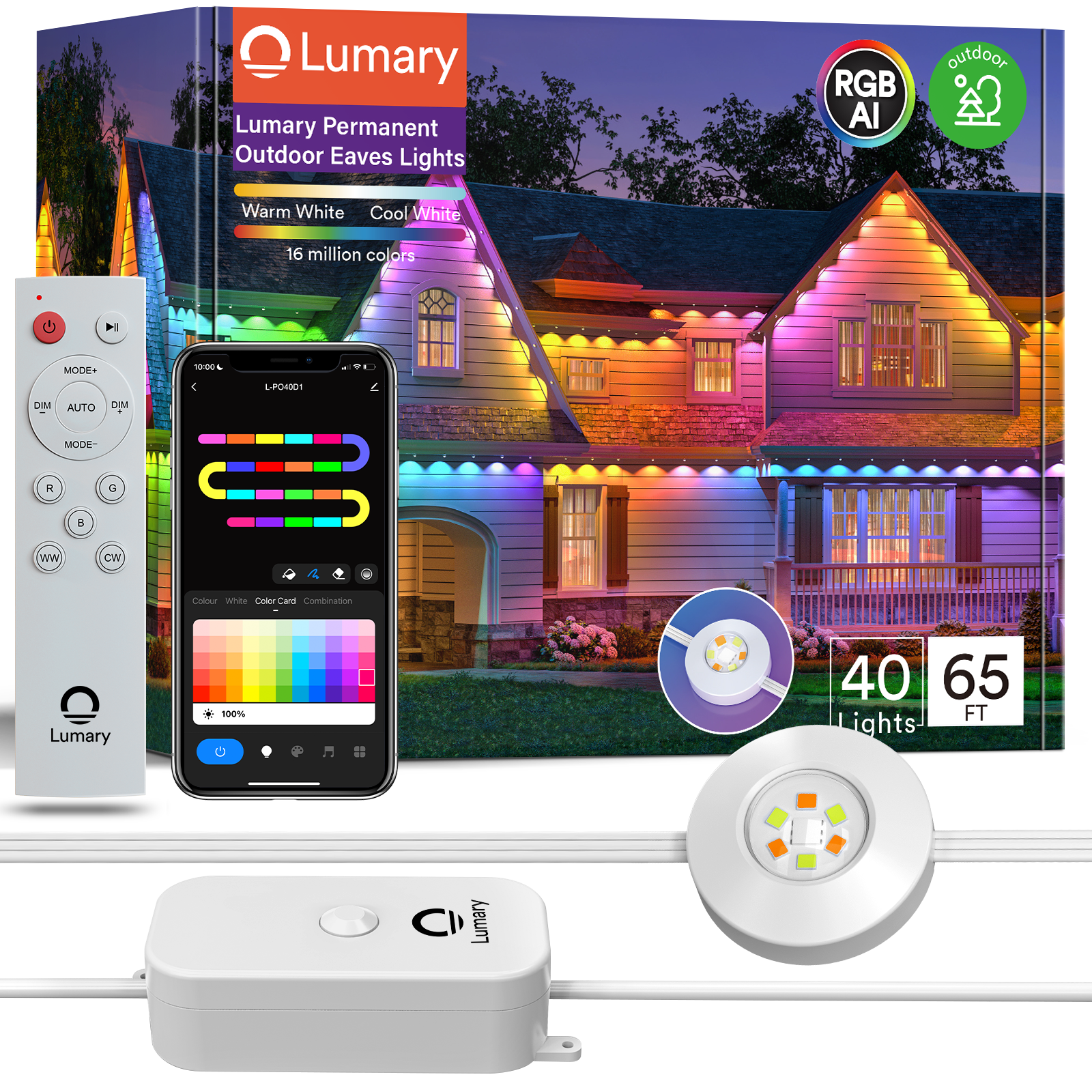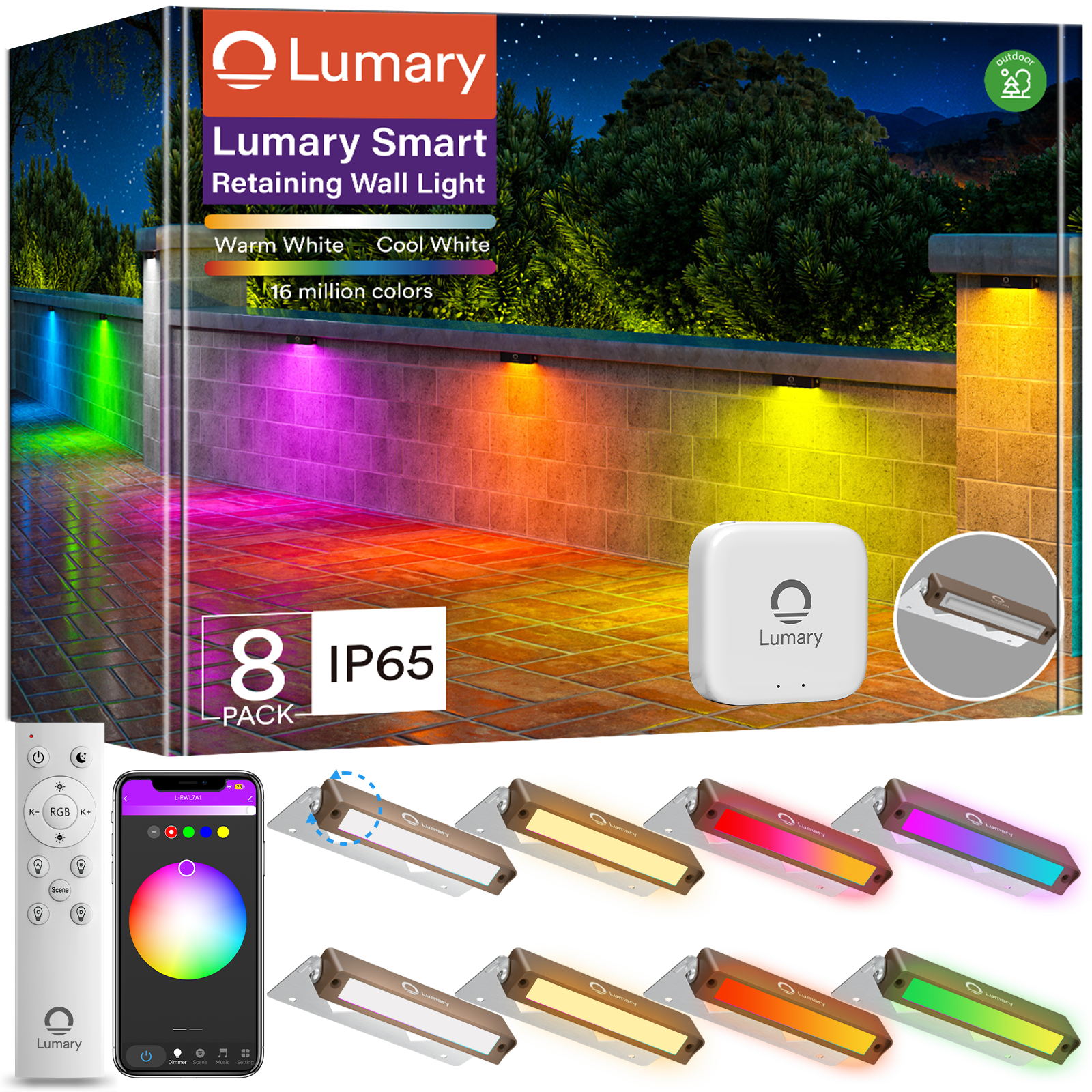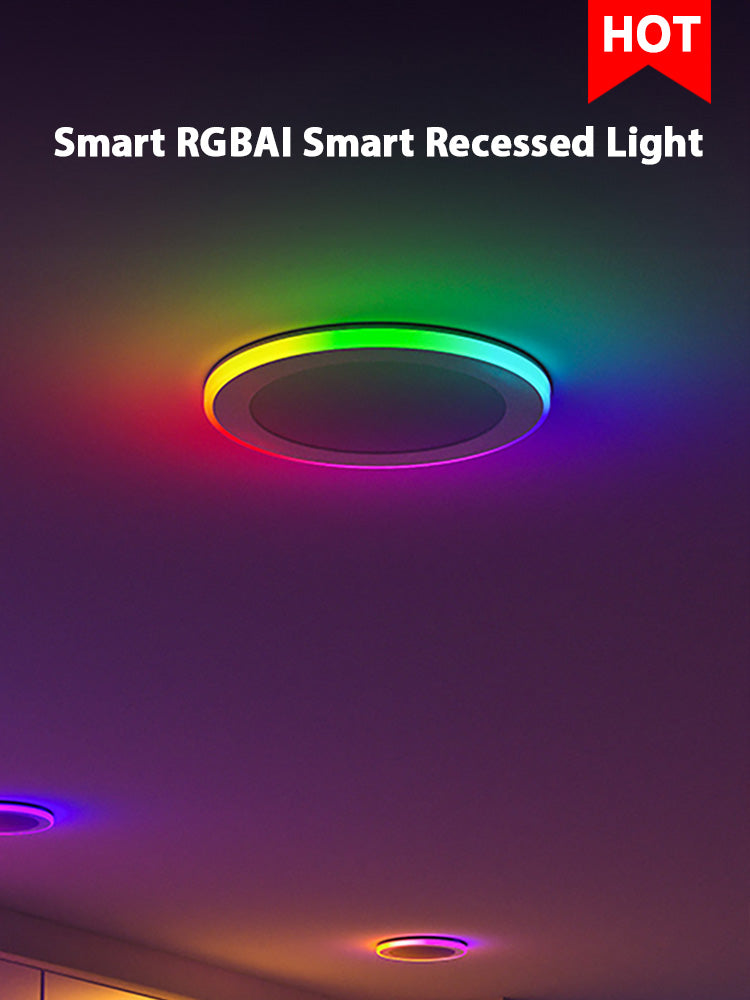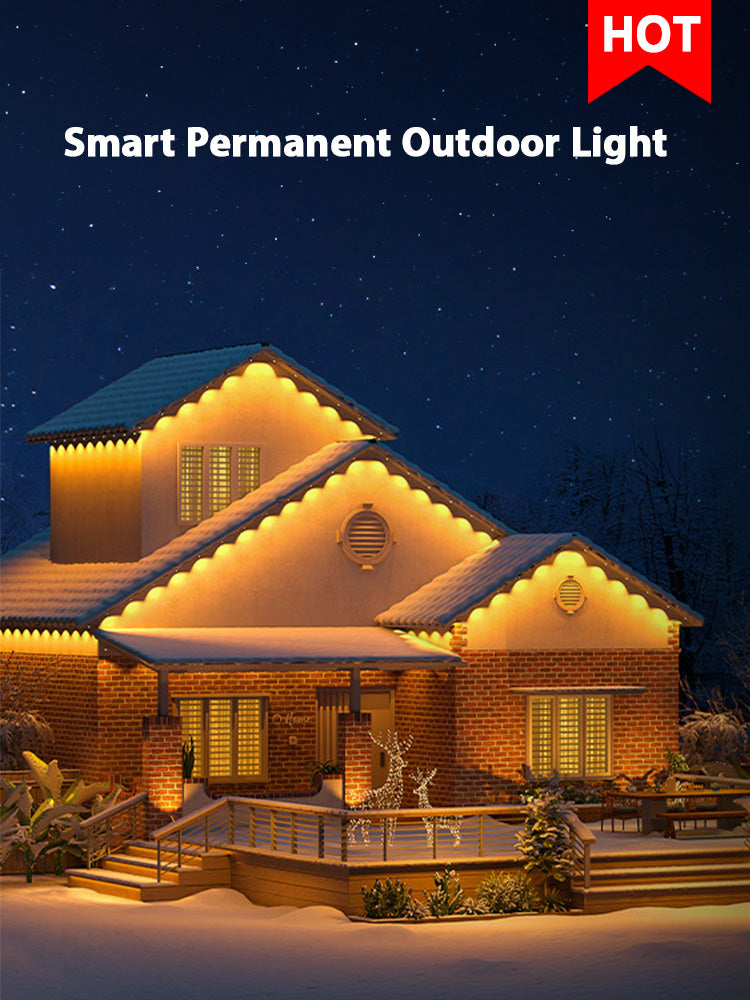Choosing the right LED outdoor lights can transform your garden or patio into a stunning and functional space. These lights offer numerous benefits that make them a smart choice for any outdoor area. LED lights use significantly less energy than traditional bulbs, which means lower electricity bills for you. They also have a much longer lifespan, often lasting up to 50,000 hours, reducing the need for frequent replacements. Making informed lighting choices ensures that you get the best performance and value for your investment. So, let's dive into the world of LED outdoor lights and discover how they can enhance your outdoor spaces.
Understanding LED Outdoor Lights

Choosing the right LED outdoor lights can make a big difference in how your space looks and feels. Let's explore the different types and key features to consider when selecting these lights.
Types of LED Outdoor Lights
Floodlights
Floodlights provide broad illumination for large areas. You might use floodlights for security lighting or to light up driveways and parking lots. The 150W HAMMERHEAD Adjustable Flood Wallpack offers flexibility with its dusk-to-dawn feature, ensuring your space stays lit when needed. Floodlights are perfect for those who want to keep their property safe and well-lit.
Spotlights
Spotlights focus on specific areas or objects. These lights highlight garden features, statues, or architectural details. Spotlights add drama and interest to your outdoor spaces. You can direct the light exactly where you want it, creating a stunning visual effect.
Pathway Lights
Pathway lights guide guests safely along walkways and paths. The Lumary RGBAI Smart WiFi Pathway Lights offer customizable options with 16 million colors and adjustable brightness. Pathway lights ensure safety while adding a decorative touch to your garden or patio.
Wall Lights
Wall lights mount on exterior walls to provide ambient lighting. These lights enhance the appearance of your home's facade. Wall lights also improve security by illuminating entryways and dark corners. Choose wall lights that complement your home's style for a cohesive look.
Key Features to Consider
Lumens and Brightness
Lumens measure the brightness of LED outdoor lights. Higher lumens mean brighter lights. Consider the area you need to illuminate when choosing the right brightness. For security purposes, opt for higher lumens to ensure clear visibility.
Color Temperature
Color temperature affects the mood of your outdoor space. Warm white lights create a cozy atmosphere, while cool white lights offer a modern feel. Some LED outdoor lights offer adjustable color temperatures, allowing you to set the perfect ambiance for any occasion.
Energy Efficiency
Energy efficiency is a major benefit of LED outdoor lights. These lights consume less power than traditional bulbs, reducing energy bills. Look for lights with high energy efficiency ratings to maximize savings.
Durability and Weather Resistance
Durability is crucial for outdoor lighting. Choose LED outdoor lights with superior build quality and appropriate IP ratings. These features protect the lights from rain, snow, and dust, ensuring reliable operation year-round. Investing in durable and weather-resistant lights enhances both safety and aesthetics.
Planning Your Outdoor Lighting

Assessing Your Outdoor Space
Identifying Key Areas
Start by walking around your outdoor space. Look for areas that need lighting. Think about pathways, entrances, and garden features. These spots often benefit from proper illumination. A well-lit path guides guests safely. Highlighting a beautiful tree or statue adds charm.
Determining Lighting Needs
Consider what you want to achieve with lighting. Do you need security or ambiance? Bright lights deter intruders. Softer lights create a relaxing mood. Decide on the brightness level for each area. Think about how much light you need for safety and aesthetics.
Designing a Lighting Layout
Balancing Aesthetics and Functionality
Create a plan for your lights. Balance beauty and practicality. Use lights to accentuate your home's architecture. Make sure the lights serve a purpose. Avoid over-lighting or under-lighting any area. A good layout enhances both form and function.
Ensuring Safety and Security
Prioritize safety in your design. Place lights near steps and uneven surfaces. Ensure all entry points are well-lit. Proper lighting reduces accidents and deters theft. Choose fixtures that provide adequate coverage. A safe home feels welcoming and secure.
Remember, a strategic lighting plan transforms your outdoor space. It boosts curb appeal and increases safety. Thoughtful planning makes a big difference.
Installation Tips
Preparing for Installation
Gathering Necessary Tools
You need the right tools to install LED outdoor lights. A screwdriver, drill, and wire cutters are essential. A voltage tester ensures safety. A ladder helps reach high places. Gather these tools before starting the installation process.
Understanding Electrical Requirements
Understanding electrical requirements is crucial. Check the voltage of your LED lights. Make sure it matches your power source. Turn off the power supply before installation. Wear protective gear to prevent accidents. Safety should always come first.
Step-by-Step Installation Process
Mounting the Lights
Mounting the lights requires precision. Choose the right spot for each light. Use a drill to make holes for screws. Secure the lights firmly in place. Ensure that each light faces the desired direction. Proper mounting enhances both function and appearance.
Connecting to Power Source
Connecting to the power source completes the installation. Use wire connectors to join wires. Follow the manufacturer's instructions carefully. Double-check all connections for safety. Turn on the power to test the lights. Enjoy your newly lit outdoor space.
Maintenance and Troubleshooting
Keeping your LED outdoor lights in top shape ensures they last longer and perform better. Regular maintenance can prevent small issues from becoming big problems. Let's dive into some simple practices and solutions.
Regular Maintenance Practices
Cleaning and Inspecting Lights
Dust and debris can accumulate on your lights, reducing brightness. Use a soft cloth to wipe down the fixtures regularly. Check for any signs of wear or damage. Look for cracks or loose components. Addressing these early can save you headaches later.
Replacing Bulbs and Components
LED bulbs last a long time, but eventually, you might need replacements. Always have spare bulbs on hand. Follow the manufacturer's instructions for replacing them. If other components show wear, consider replacing those too. Keeping everything in good condition ensures optimal performance.
Common Issues and Solutions
Flickering Lights
Flickering lights can be annoying and might indicate a problem. Check the connections first. Loose wires can cause flickering. Tighten any that seem loose. If the issue persists, consider replacing the bulb. Sometimes, a faulty bulb is the culprit.
Power Supply Problems
Power supply issues can affect your lighting. Start by checking the circuit breaker. Make sure it hasn't tripped. Inspect the power source for any visible damage. If everything looks fine, test the voltage with a tester. Ensure it matches the requirements of your lights.
Regular maintenance gives you peace of mind. You can enjoy your outdoor space without worrying about lighting issues. Keep your lights shining bright and your nights well-lit!
Choosing the right LED outdoor lights can transform your space. You learned about different types and key features. You also explored planning, installation, and maintenance tips. Now, it's time to take action. Pick LED lights that suit your needs and style. Enhance your outdoor areas with efficient and durable lighting. Enjoy extended hours in your garden or patio. LED lights offer energy savings and low maintenance. They provide a perfect blend of functionality and aesthetics. Make your outdoor spaces inviting and secure with the right lighting choices.

